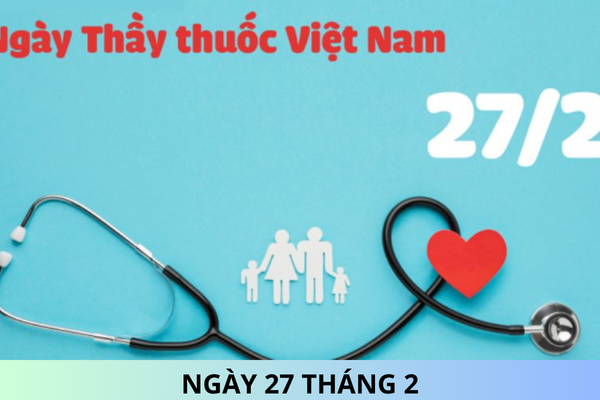What are regulations on reviewing and enhancing the institutional framework and policies for Rabies prevention and control in Vietnam?
What are regulations on reviewing and enhancing the institutional framework and policies for Rabies prevention and control in Vietnam? Thank you!
What are regulations on reviewing and enhancing the institutional framework and policies for Rabies prevention and control in Vietnam?
Based on Section 4, Chapter II of the National Program on Rabies Prevention and Control for the period 2022-2030 (issued with Decision 2151/QD-TTg in 2021), the regulations on reviewing and enhancing the institutional framework and policies for Rabies prevention and control are as follows:
- Reviewing and improving the regulations and guidelines on Rabies prevention and control, including specific provisions for capturing, confining, and handling stray dogs and cats; regulations on administrative penalties for violations such as releasing dogs without muzzles in public places or failing to vaccinate dogs and cats against Rabies.
- Conducting research and developing policies to support the purchase of Rabies vaccines and organizing free vaccination for dog and cat populations in outbreak areas, areas with ethnic minority communities, remote areas, areas with exceptional difficulties, mountainous regions in Regions II and III, border areas, etc. Supporting the establishment and maintenance of disease-safe zones and facilities for Rabies.
- Developing, revising, and supplementing policies for purchasing Rabies vaccines for humans; policies to support Rabies vaccines and provide free vaccination for veterinary and medical personnel, individuals involved in Rabies prevention and control; treatment and care in cases of occupational risks; policies to support Rabies vaccines, Rabies immune globulin, and pre-exposure prophylaxis for the poor/low-income individuals in areas with ethnic minority communities, remote areas, areas with exceptional difficulties, mountainous regions in Regions II and III, individuals who have contributed to the revolution, and other special cases; insurance payment policies for accidents caused by animal bites to ensure access to Rabies vaccination services for all citizens.
- Establishing coordination mechanisms between veterinary and medical agencies to ensure timely sharing of Rabies-related information and the most efficient implementation of Rabies prevention and control measures.
What are regulations on reviewing and enhancing the institutional framework and policies for Rabies prevention and control in Vietnam? - Image from Internet
What are regulations on post-exposure prophylaxis for Rabies in Vietnam?
Based on Section 3, Chapter II of the National Program on Rabies Prevention and Control for the period 2022-2030 (issued with Decision 2151/QD-TTg in 2021), the regulations for post-exposure prophylaxis for Rabies are as follows:
- General requirements for post-exposure prophylaxis:
All individuals who have been bitten, scratched, or exposed to dogs or cats and are at risk of Rabies infection but have not received Rabies vaccination must undergo post-exposure prophylaxis.
- Organization of post-exposure prophylaxis:
The Ministry of Health shalll
+ Develop a national plan for the supply and use of Rabies vaccine for individuals who have been bitten by dogs or cats, as well as those at high risk of exposure to Rabies.
+ Expand the number of vaccination centers and Rabies immune globulin points to ensure accessibility and affordability, especially in high-risk areas. Each district should have at least one vaccination center with sufficient facilities, equipment, supplies, and personnel for post-exposure prophylaxis. Adequate equipment, licensed vaccines, and Rabies immune globulin should be available.
+ Provide for post-exposure prophylaxis treatment for economically disadvantaged individuals in areas with ethnic minorities, remote areas, areas with exceptional difficulties, mountainous regions in Regions II and III, individuals who have made contributions to the revolution, those involved in epidemic prevention and control work, and other special cases as determined by local authorities.
Best regards!











